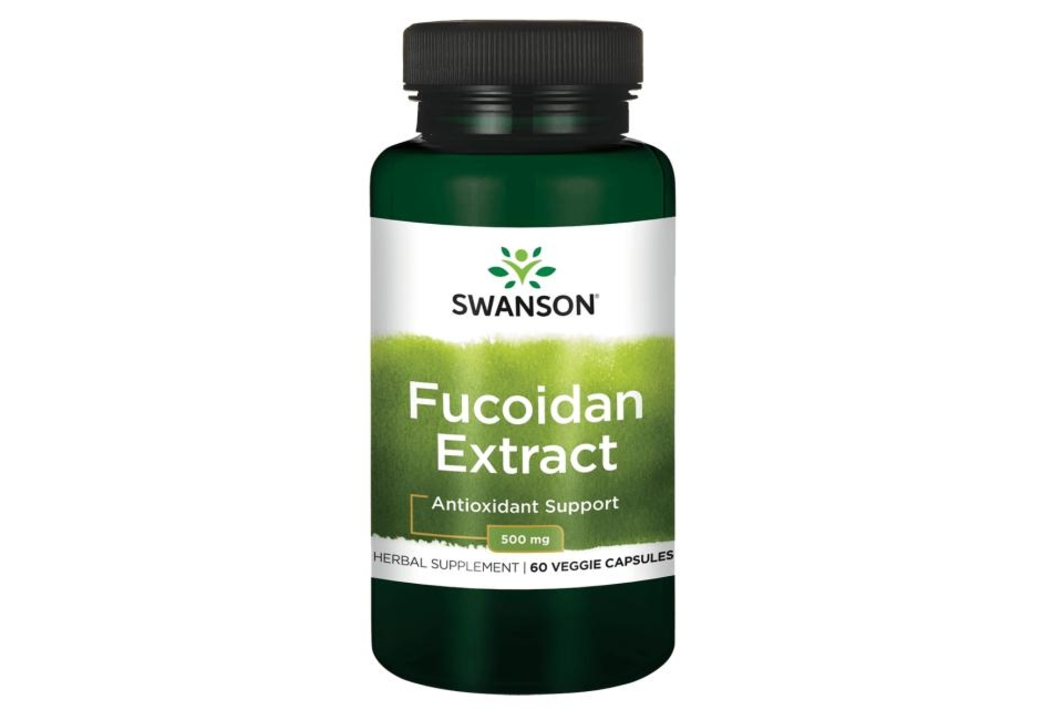Herbal Remedy: Practical Guide to Safe, Everyday Plant-Based Treatments
Herbal remedies can help with simple issues like mild sleep trouble, occasional nausea, or a sore throat. They’re easy to access, but they’re not risk-free. Read this to learn how to pick safer products, use the right doses, and avoid common traps so herbs actually help instead of harming.
How to choose and dose herbs
Start with one change at a time. If you want better sleep, try 1–2 cups of chamomile tea in the evening or a standardized valerian extract at the lowest recommended dose. For nausea, fresh ginger (about 1–2 grams or a small cup of ginger tea) often works. Turmeric can help mild inflammation—look for curcumin extracts paired with black pepper for absorption, and stick to recommended doses on the label.
Buy standardized extracts when you can. That means the product lists how much active ingredient is in each dose. Third-party testing (USP, NSF, or ConsumerLab) adds trust. Avoid vague labels like “proprietary blend” with no amounts listed. When in doubt, buy from a known brand and check reviews from multiple sources.
Safety first: interactions, allergies, and red flags
Herbs can interact with prescription drugs. St. John’s wort, for example, lowers levels of many medications—birth control pills, some antidepressants, and blood thinners can be affected. If you’re on warfarin, check any herb for bleeding risk (like ginkgo or high-dose fish oil). Always tell your doctor or pharmacist what herbs you take—the list should include teas and supplements.
Patch-test new topical herbs (apply a little to your forearm for 24 hours). Stop any herb that causes rash, stomach pain, tightness in the throat, or wheezing. Pregnant or breastfeeding people, young children, and people with liver disease should be extra cautious. Some herbs that seem safe in adults can be unsafe in pregnancy or for infants.
Track effects for two weeks. Keep a simple note of dose, time, and how you feel. If nothing changes after a reasonable trial, stop and reassess. If symptoms worsen or you get new troubling signs, seek medical help.
Want examples? Peppermint oil can ease occasional IBS symptoms when used correctly; ginger often reduces motion sickness and nausea; chamomile helps mild anxiety and sleep problems. But for serious conditions—high blood pressure, diabetes, unstable heart issues—rely on your clinician and use herbs only as an add-on after approval.
Finally, use common-sense storage and dosing: keep supplements away from heat and humidity, follow label instructions, and don’t mix many herbs at once. If you want deeper reading, search this site for specific articles on alternatives and natural approaches. Treat herbs like medicines: useful when chosen carefully, risky when ignored.
Goat's Rue: The Ancient Herbal Remedy Turned Modern Dietary Supplement for Optimal Health
I recently came across Goat's Rue, an ancient herbal remedy that has been transformed into a modern dietary supplement for optimal health. This powerful plant has been used for centuries to treat various ailments, and now it's gaining popularity in the health and wellness community. Not only does Goat's Rue have potential blood sugar-lowering effects, but it also promotes lactation and supports a healthy immune system. I'm excited to incorporate this natural supplement into my daily routine and experience the benefits for myself. If you're looking for a natural way to boost your overall health, I highly recommend giving Goat's Rue a try!

